Teacher fellows

Tim Leadbeater
I have been drawn to Parallel Histories by the boldness of the strategy, the transparency of the pedagogy and the enthusiasm of students.
I am the author of four textbooks, including Islamic Empires 650-1650 (KS3) and Indian Independence 1914-1964 (Access to History, A Level).
My teaching career began in Bradford secondary schools. I became a PGCE tutor at Leeds Trinity University and, subsequently, Director of Learning and Teaching. I retired as a senior manager of the university.
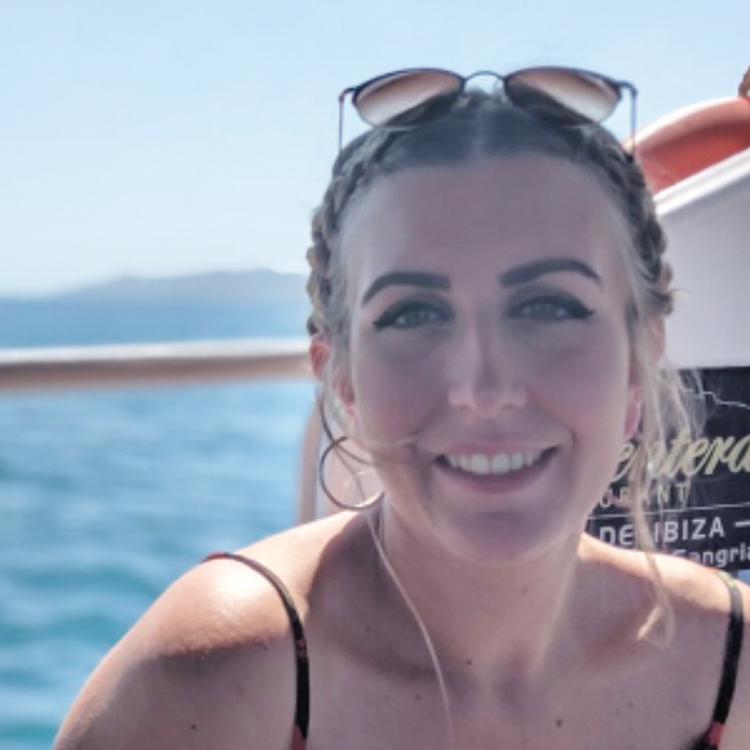
Shellie Webster
Hello, I’m Shellie Webster. I have been working as a fellow with Parallel Histories for several years and will continue to do so for many more to come! I teach at Christ the King College where I have been involved in implementing Parallel Histories’ debating programme on the Israel Palestine conflict into the Year 9 curriculum. This has been a fantastic opportunity to embed oracy within our lessons, and our students have thrived and been inspired by the content of the lessons. Our school has also been involved in online digital debating with schools around the world and many of our sixth formers have used materials from Parallel Histories for their course work. We have continued to enjoy the style of assessment Parallel Histories have supported us with and have adapted other KS3 topics to follow the same, dual narrative approach with debates as assessments. I have also been pleased to have been asked to join the board of trustees and am excited by the many amazing upcoming opportunities that Parallel Histories are working on, and our school has been asked to pilot some very exciting new materials! As a small dual faith school on the Isle of Wight, Parallel Histories continues to allow us to immerse our students in a diverse curriculum which exposes them to global histories.
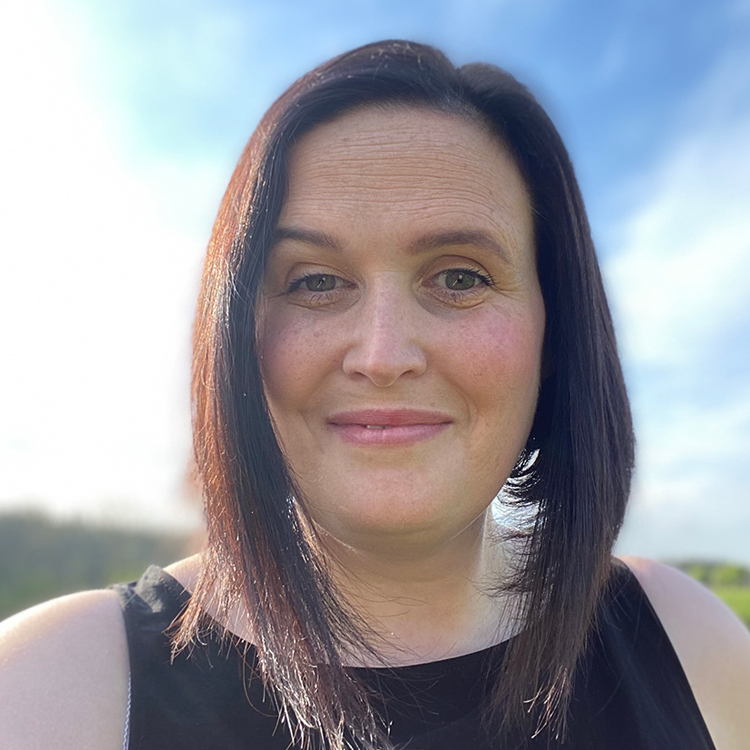
Lorraine Glynn
I am a teacher of History and English at St. Joseph’s Secondary school in Tulla, Co. Clare. I’m really delighted to take up this Parallel Histories fellowship, focusing on an issue that I feel really passionate about which is encouraging debate and discussion amongst our students. It’s especially important to discuss controversial topics which still hold quite an important place in society today, such as the Partition of Ireland in 1921. Understanding history is I believe the key to unravelling our shared future on the island and Parallel Histories offers our students the opportunity to look at this issue from different perspectives and engage in constructive dialogue. This opportunity will allow them to develop their ability to empathise, to be objective and to articulate their aspirations in respectful ways. We are really excited to be on board with this initiative and we look forward to participating in some robust debates in the year ahead.
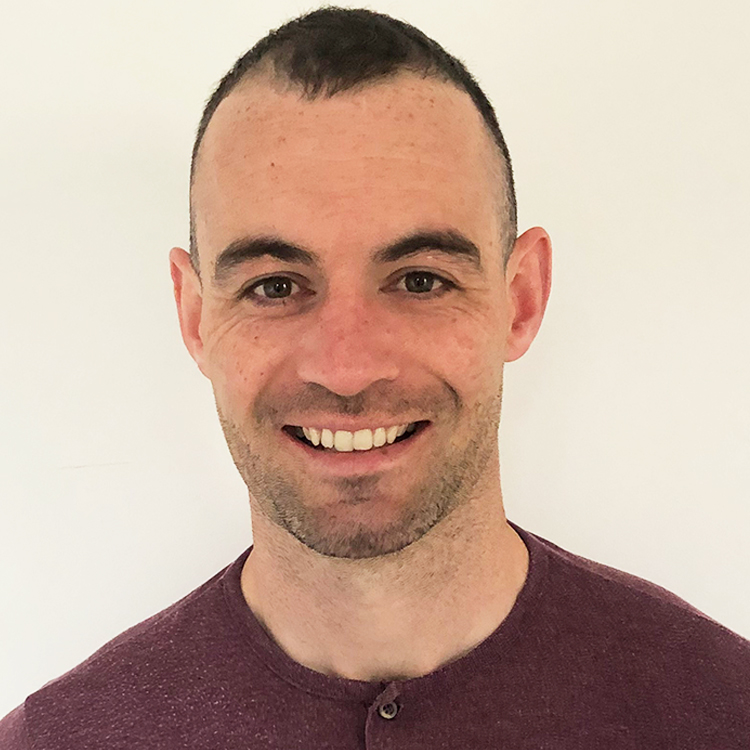
Andrew Dermody
My name is Andrew Dermody and I’m a history teacher at St Finian’s College, Mullingar County Westmeath. I’m really happy to be a new teaching fellow with Parallel Histories, working on the topic of partition and the foundation of Northern Ireland in 1921. When I saw the opportunity come up online, I was really excited by the idea of working and linking with schools in England and Northern Ireland on such a contentious topic that creates great debate, even a hundred years after the formation of the state. With talk of a border poll and perhaps a united Ireland coming in the future, I think it’s essential for students throughout the island to have a real awareness of the opposite side to what their viewpoint may be, and to understand and hopefully respect that viewpoint and get a greater knowledge of it. I think Parallel Histories provides that with their platform for debating. I really look forward to learning everything I can this year and providing my students with knowledge and skills that will help them not just in their studies, but hopefully in later life and that they will remember for a long long time.
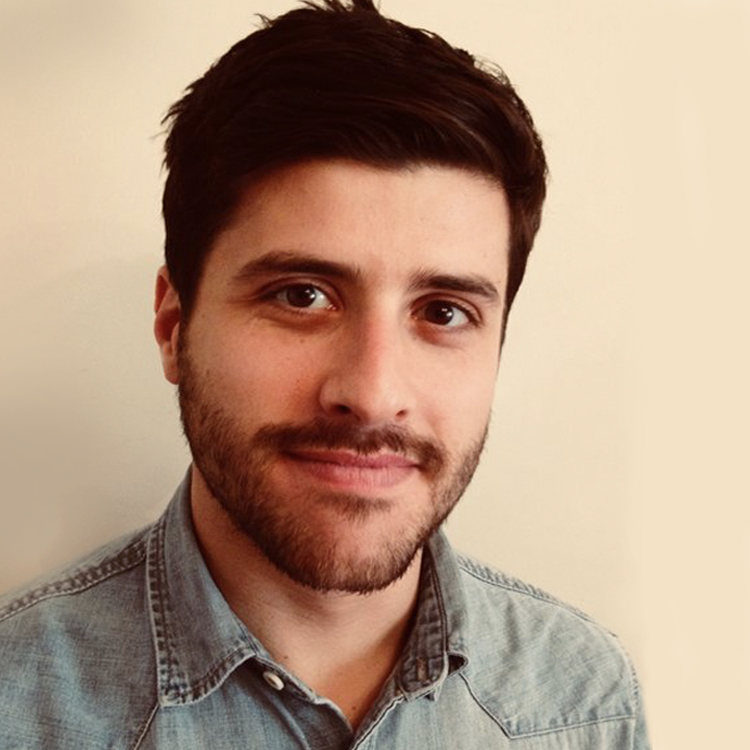
Theo Cohen
French Editor
As the French Editor for Parallel Histories responsible for the expansion of the programme in French speaking countries I have been delighted by the reaction of French students and teachers to this new approach.
As an academic trainer, our network of user schools is growing rapidly as we provide regular training for teachers and the classroom for online and in-class discussions.
I teach History in a lycée in Lyon in France and was regularly challenged by my students’ views, passion and sensitivities whilst teaching the Israeli-Palestinian conflict.
Traditional history textbooks have proved unsatisfactory as they aim to achieve an external “balanced view”, leaving out the historically-rooted perceptions underlying the protagonists’ actions in the process. Furthermore, teachers may lack the training and tools to tackle this contentious topic.
Therefore, I am convinced of the need to foster an innovative educational approach, both interactive and inclusive, towards this difficult nub of international relations.
To date, several dozen schools in France and in the network of French high schools abroad have used our videos and our pedagogical proposals to address key issues in the secondary school curriculum and prepare for the Grand Oral exam.
I have graduated from two master’s programs, one in International Relations at the University of Lyon, the other in Geopolitics at the French Institute of Geopolitics in Paris and completed part of my studies in the Hebrew University of Jerusalem in Israel. I wrote my master’s thesis on the challenges and prospects of the Israeli Jordanian relations.
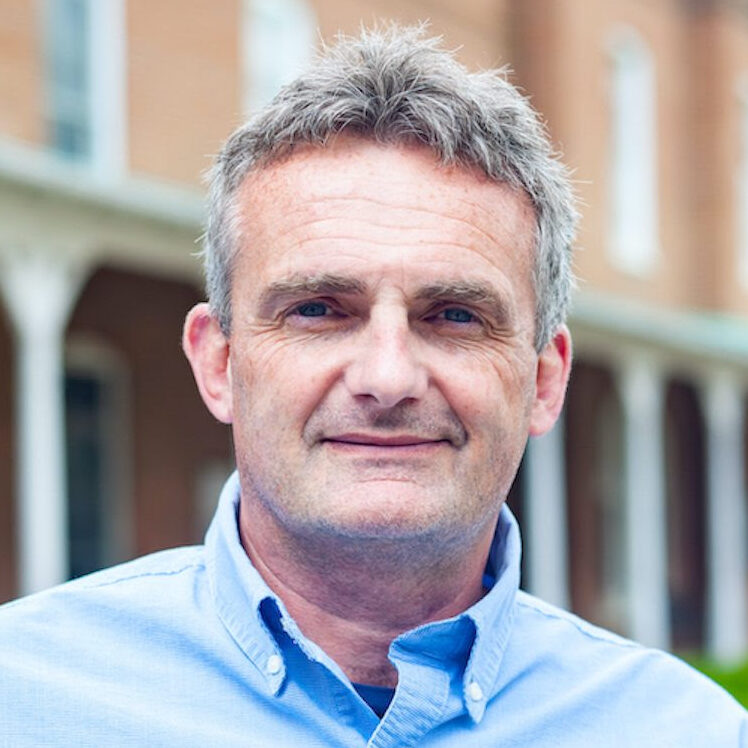
Colin Baker
US Editor
I am the Assistant Director of K-12 Education and Outreach at Virginia Tech’s European Union center, CEUTTSS (Center for European Union, Transatlantic and Trans-European Space Studies). He leads and develops CEUTTSS many K-12 programs involving Virginia and mid-Atlantic regional teachers, but I also lead an annual EU Council Debate at VT for local high school students, and coordinates several collaborative partnerships with European teachers, schools and organizations. I have been collaborating with the EU Jean Monnet network since 2016.
I earned an M.A. Honours in Politiacs and Modern History at the University of Edinburgh, Scotland and an M.Sc.Ed, (Secondary Education) at Old Dominion University, Virginia. I recently served as Co-Chair of the College Board’s AP European History National Development Committee helping lead the development of the course in the US. I am also an Exam Leader leading the scoring of the AP European History exam.
A native of Scotland, I have been involved in a number of US grant-funded EU/modern European research trips/grants, conferences and studies. As the US Editor for Parallel Histories, I am is looking forward to continuing supporting the vital US-European Transatlantic relationship by helping provide support for innovative educational materials and strategies for teachers on both sides of the Atlantic.
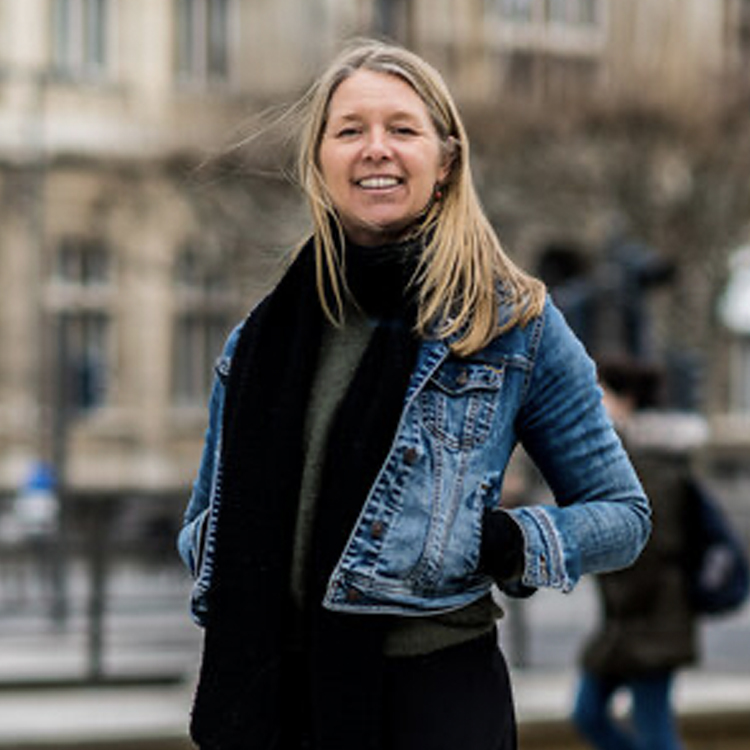
Stefanie Van Brussel
Belgian Editor
I am a teacher of history and geography at GO! K. Atheneum Antwerp (BE) and I am translating the Parallel Histories approach on ‘Israël-Palestine’ into Dutch and introducing it as good practice in Flanders, and then I hope, the Netherlands:
Teaching history is not about that ‘one story’; the interpretation of historical facts has always led to a canvas of perspectives. To use these and bring them to life, creating empathy for different narratives is a keystone to modern multicultural life and should be implemented in the history lessons at school. The Parallel Histories approach does just that and more! It provides insight in how narratives are being formed, which, in my humble opinion, is elementary to be able to function and understand our wonderful and complex world.
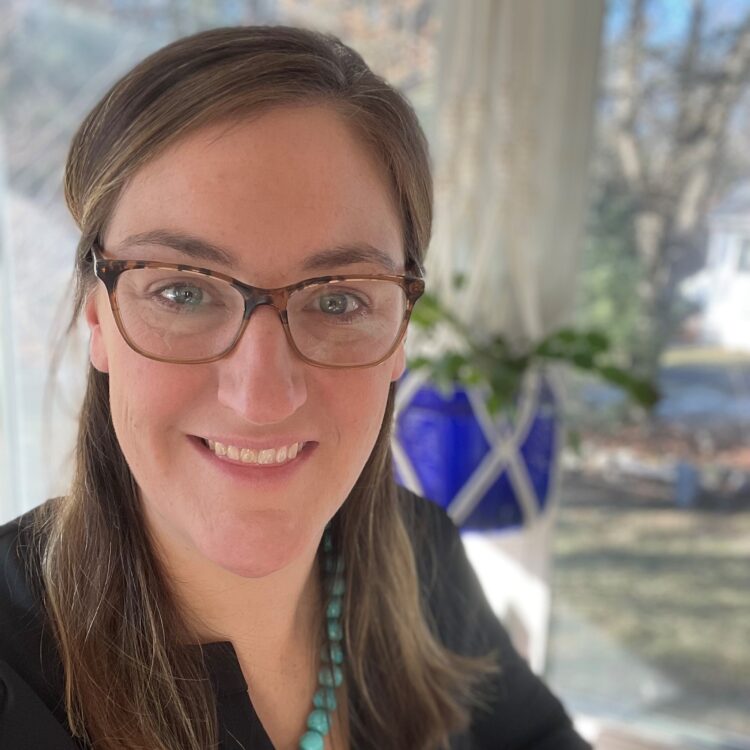
Pauline Chaloff
US Team
My name is Pauline Chaloff and I live and teach in the suburbs of Boston, Massachusetts. I taught Modern World History and AP World History in the public schools for 13 years and now work as a freelance writer and educational consultant. My focus is World History and making global history meaningful, accessible and engaging for students of diverse backgrounds and abilities. I enjoy creating relevant content that can be used by teachers to expose students to diverse perspectives to encourage critical thinking and growth through inquiry based learning. Parallel Histories is an excellent platform for educators that mirrors my philosophical approach to teaching and learning.

Linda Burns
US Team
I am a history teacher at Oak Park and River Forest High School in Oak Park, Illinois where I have taught AP European History, AP US History, and World History. While on leave from 2014 to 2016, I also served on the Curriculum, Instruction and Assessment team for AP US History and AP World History at the College Board.

Eugene Schultz
US Team
I have over 20 years of teaching experience, primarily in social studies at the secondary level. I hold a Master’s degree in Education and have specialized in curriculum development and instructional strategies. My teaching philosophy centers on fostering critical thinking and engaging students in evidence-based discussions.
Throughout my career, I have designed and implemented innovative lesson plans that integrate technology and interactive activities to enhance student learning. I am passionate about creating a classroom environment where students feel empowered to explore historical perspectives and develop a nuanced understanding of complex issues.
In addition to my teaching role, I have actively participated in professional development workshops and conferences, continually seeking to improve my pedagogical skills. I am dedicated to supporting fellow educators and contributing to collaborative initiatives aimed at improving education standards.

Amanda Connell
US Team
My name is Amanda Connell and I teach World History and US History at a public high school in Smyrna, Georgia, in the United States. I was honored to serve as my school’s Teacher of the Year (2022). Additionally, I was the content creator for the state of Georgia’s Virtual World History course.
I believe that history is multifaceted and is best understood through many lenses. To this end, I enjoy cross-curricular learning opportunities. I’ve paired my classes with my school’s STEM program, AP English Language & American Literature class, and Forensics class for both short- and long-term projects. I have presented these collaborations at collegiate and state-level conferences. Perhaps more importantly, I believe in using history-based dialogues to encourage my students to think critically about their world and themselves. One of the ways I expose my students to multiple viewpoints is through European educational field trips on school holidays. I look forward to developing dialogues with Parallel Histories.

Craig J. Perrier
US Team
I am an educational thought leader and practitioner with 20 years of experience in K-16 education at the school, state, international, and federal levels. I am a goal driven, creative, and reflective professional who successfully connects and inspires individuals and groups in a variety of settings and with a range of stakeholders. I believe in innovation, student centered learning, and education that prepares students for their future.
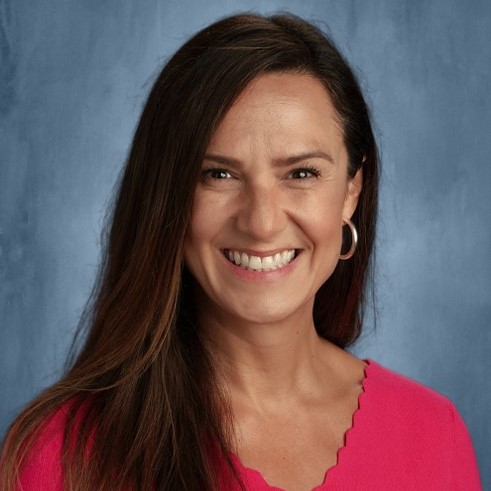
Patricia Laurence
US Team
Before moving to a position as an Instructional Specialist for Distance Learning, I spent 19 years as a secondary social studies teacher in Virginia Beach Public Schools. I focused mainly on Modern World and Advanced Placement European History, and I served as a sponsor for a Model UN club and a reader for the AP European History exam. Since 2018, I have also served as a member of the National Faculty for the College Board’s Pre-AP World History and Geography program, facilitating professional learning for educators throughout the U.S.
My interest in seeing events from multiple perspectives was fostered at the University of Virginia, where I earned my undergraduate degrees in both History and Art History, followed by a master’s degree in Curriculum and Instruction at Old Dominion University. In addition to fostering a student-led classroom, I’m looking forward to providing students with a rich body of sources to allow students to dig into historical questions as apprentices in the discipline of historical thinking. I am excited to contribute to Parallel Histories to support educators who want to help build their students’ capacity for evidence-based academic conversation. I believe this practice is paramount to engaging in civil discourse, and debating historical issues gives students and teachers resources to foster this skill.
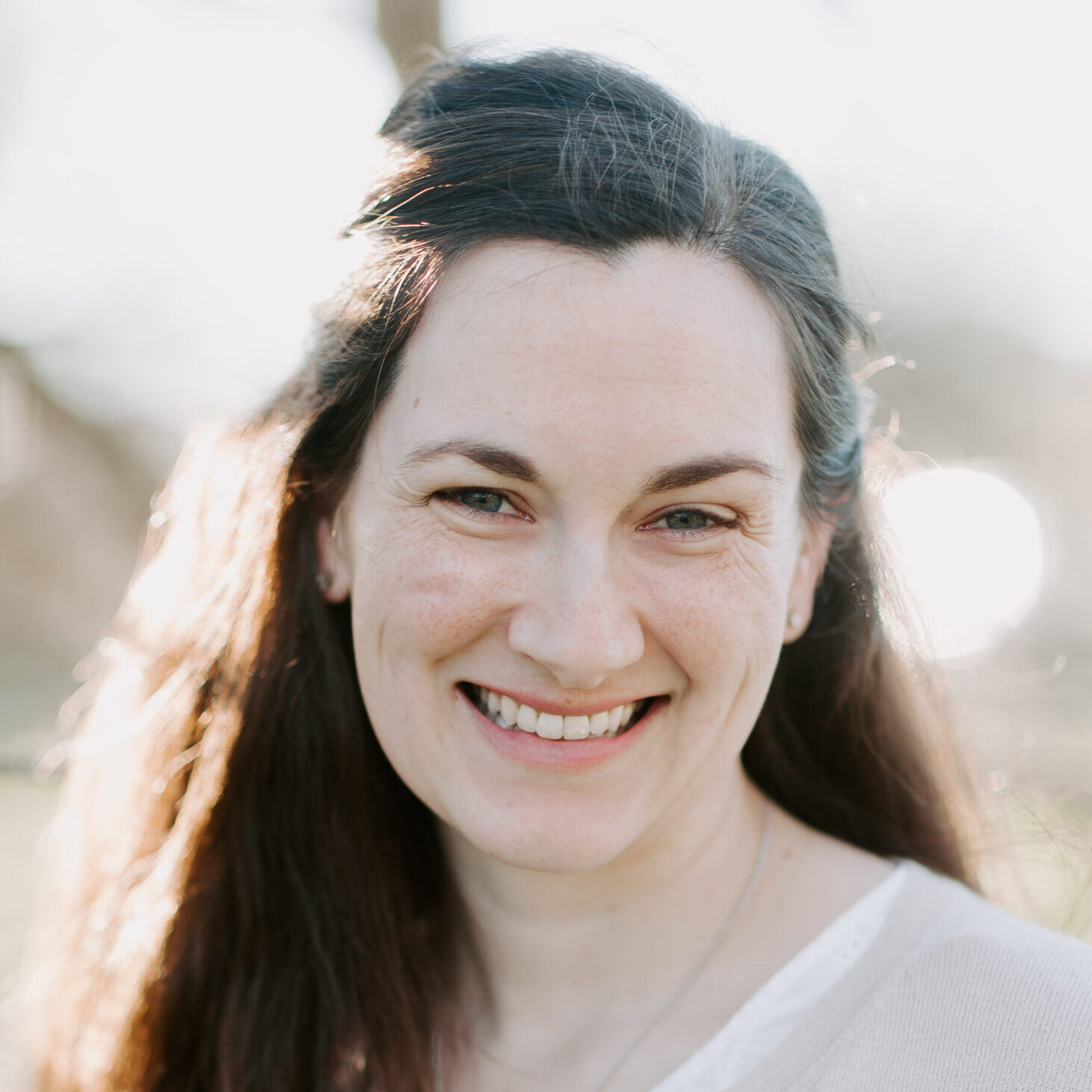
Bobbi Rodriguez
US Team
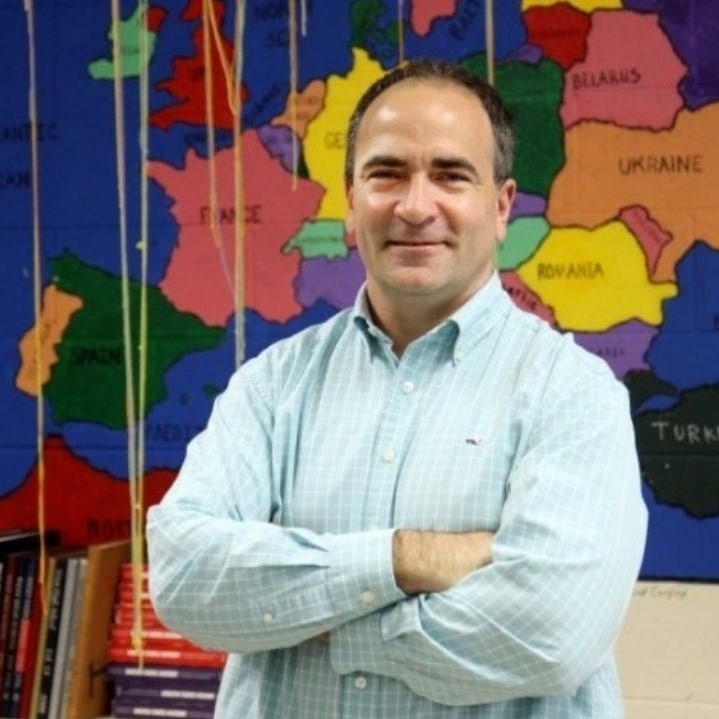
Lou Gallo
US Team
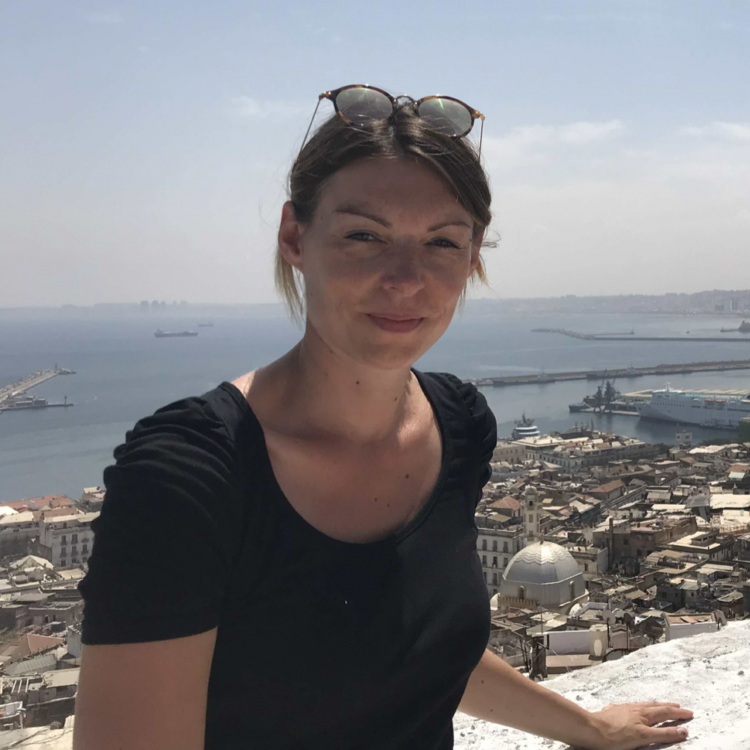
Ann-Laure Liéval
Hello, I’m Ann-Laure Liéval and I am a History and Geography teacher in Lille, France. I am part of the Parallel Histories team where my role is to develop teaching material about the Algerian War of Independence. Of course, I also use Parallel Histories resources in my classes; students prepare debates using primary and secondary sources, where they have to adopt a critical approach to the sources in order to back up their arguments with evidence. Thanks to this, they learn the history of and memory surrounding controversial topics, and they can see that these are complex issues with a diversity of points of view and actors involved. It’s a good way to rebut the populist approach to history that we see in the news, and it is great to see how over time the students get more and more involved and confident in their work in the project.
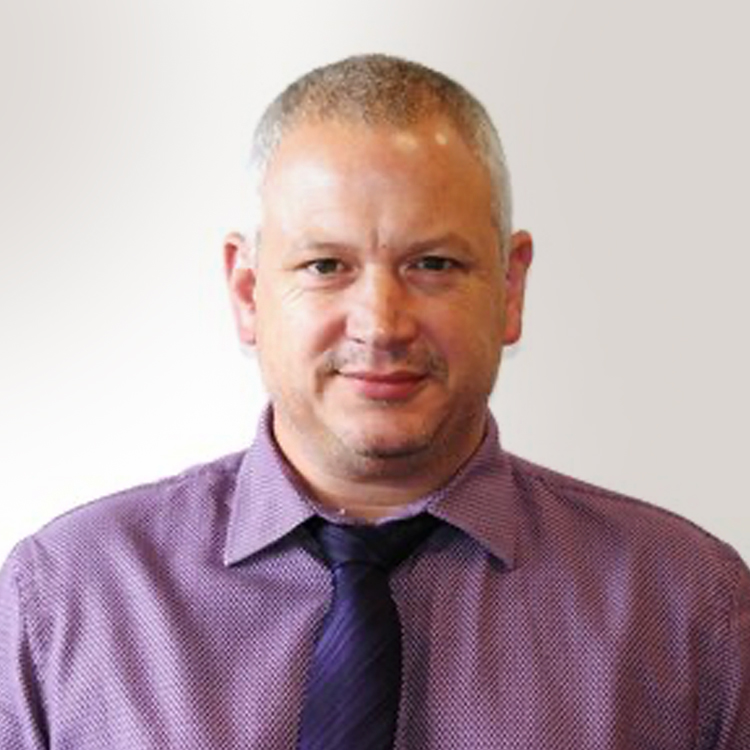
Steve Archer
I have been fortunate to look, listen and learn in both Northern Ireland and the Republic of Ireland, in Bosnia and in different communities across England, about the impact of inherited history and witness the power of education to breakdown the rhetoric of grievance and justification for conflict. I have had the valuable experience of sharing professional dialogue with teachers and young people from Palestine and from Jewish, Druze and Arab Israeli communities.
I am privileged to be able to share my personal and professional experiences with trainee teachers across NW England and to collaborate with others across the public and third sectors to craft responses to the news cycle and develop sustainable approaches to utilising education to safeguard our communities.
As Deputy Head at Blackburn Central High School I’m committed to creating safe spaces for challenging discussion and aim to maintain a harmonious and cohesive environment for our students.
In a diverse school population and surrounding community the impact and legacy of conflicts from around the globe are visible. Identity can be both a shield and a sword as the news cycle develops and unfolds around us. Creating identities in common protects us from extremism and enables us to rationally and critically examine the past to make wiser choices for our shared futures.
I am pleased to have found carefully crafted resources and like minds at Parallel Histories and look forward to this valuable work continuing to expand its reach.
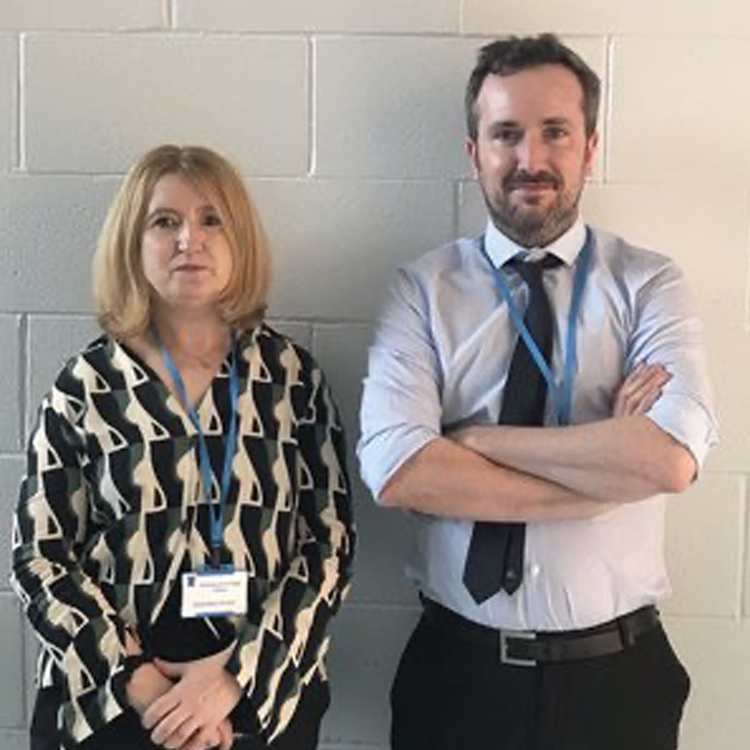
Teresa Cullinan and Michael Bennett
I am Teresa Cullinan, and my colleague Michael Bennett and I are History teachers at St Genevieve’s High School, Belfast. We are delighted to take part in Parallel Histories. Although we have studied the topic of partition before we’re looking forward to studying it from a different perspective. The topic itself is very controversial and it is very important that we challenge ourselves and challenge any preconceived ideas. The pupils are looking forward to looking at this deeply and critically, evaluating source material and coming up with their own ideas and being able to articulate those ideas. The pupils themselves are very enthusiastic. They’re looking forward to debating with students from the North and the South of Ireland, from the UK and Europe. We would also love to meet some of you in person in the near future and so far we have been just really enjoying Parallel Histories programme.
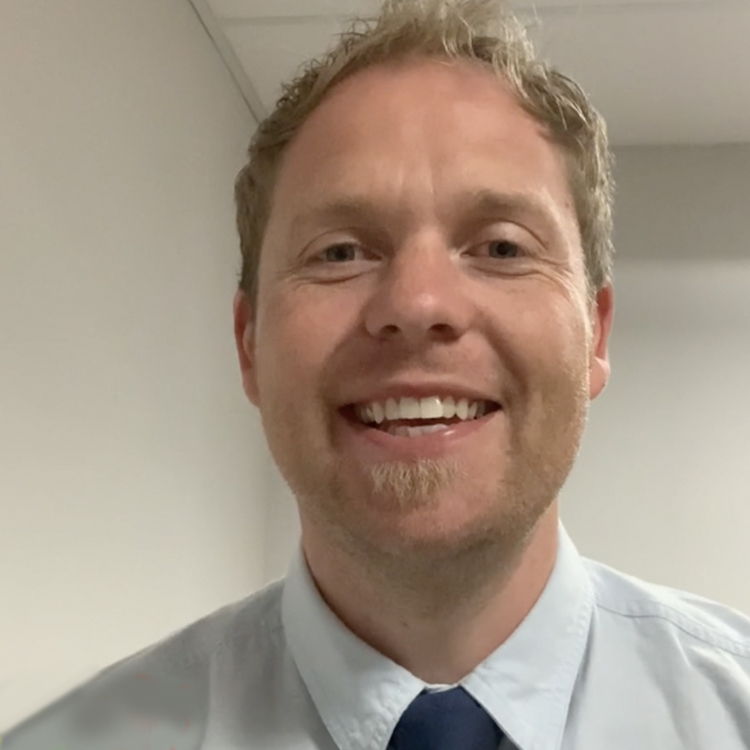
Jonny Erskine
My name is Jonny Erskine and I am a teacher of History and Politics and a Head of Year at Banbridge Academy, County Down Northern Ireland.
I am really excited to be awarded a teaching fellowship with Parallel Histories studying the partition of the island of Ireland in this centenary year. Over the last few years we’ve seen the value of studying or restudying events such as World War One, the suffragette campaign and the Easter Rising, being able to revisit and rediscover the stories of these events. I’m really excited for my students getting the opportunity to look at the contentious issue of the creation of the Northern Ireland state, an issue probably still as alive and as contentious today as it was 100 years ago. They’ll have the opportunity to look at original source material, use evidence to strengthen their own opinions, but also be able to empathise with contrasting viewpoints on the topic. They’ll then be able to debate this with other schools which is great because history is always more alive when it comes off the textbook page and into the mouths of the students.
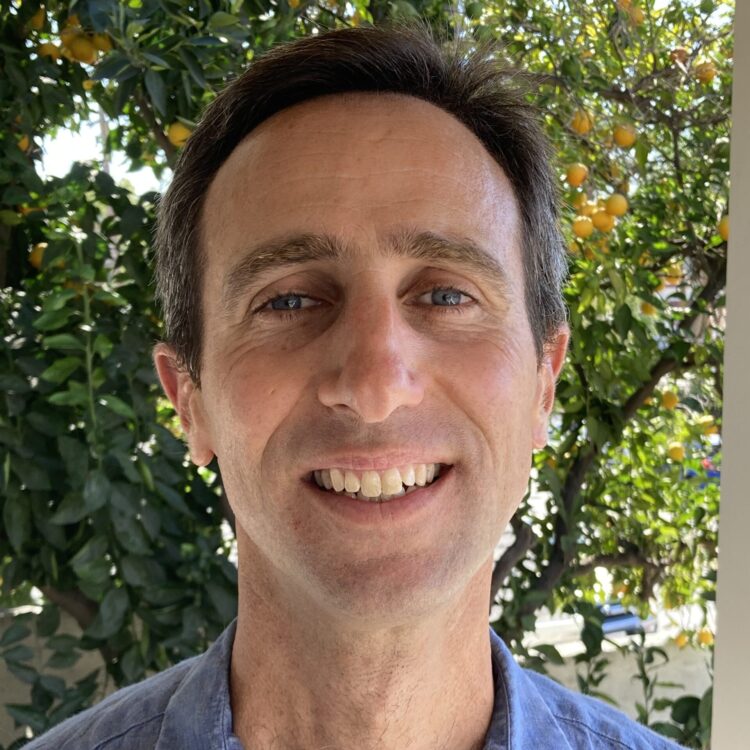
Nicolas Graham
I currently teach a 10th grade modern world history course at an independent secondary school for girls in Los Angeles, California. I began my teaching career in an outer London secondary school, before becoming Head of Department at a boys’ independent school in Shepperton, London. As the descendant of refugees from the Spanish Civil War, I became interested in history at an early age, recognising then how crucial it is that historical memory survives.
Educating students about multiple historical narratives is, in my opinion, one of the most challenging yet rewarding aspects of teaching, and the idea that a set of facts can be interpreted radically differently depending on one’s perspective is something that has always intrigued me. Parallel Histories is at the forefront of historical teaching and I believe the work that they do in educating students about the historical complexity of current global issues to be vitally important. For this reason, I was delighted when they invited me to collaborate with them on developing new classroom resources.I have over fifteen years’ experience teaching History, both in the United Kingdom and in the United States.
I cemented my interest in modern world history as a History undergraduate at Manchester University and I always stress to students its importance in understanding current geopolitical relations and the challenges the contemporary world faces. Owing to my family heritage, my main area of historical interest is modern Spain, a country that like so many others is engaged in contentious historical discussion and debate about its recent past. I am also interested in the history of the Middle East, Latin America and Russia.
I am a native English-speaker, fluent in Spanish
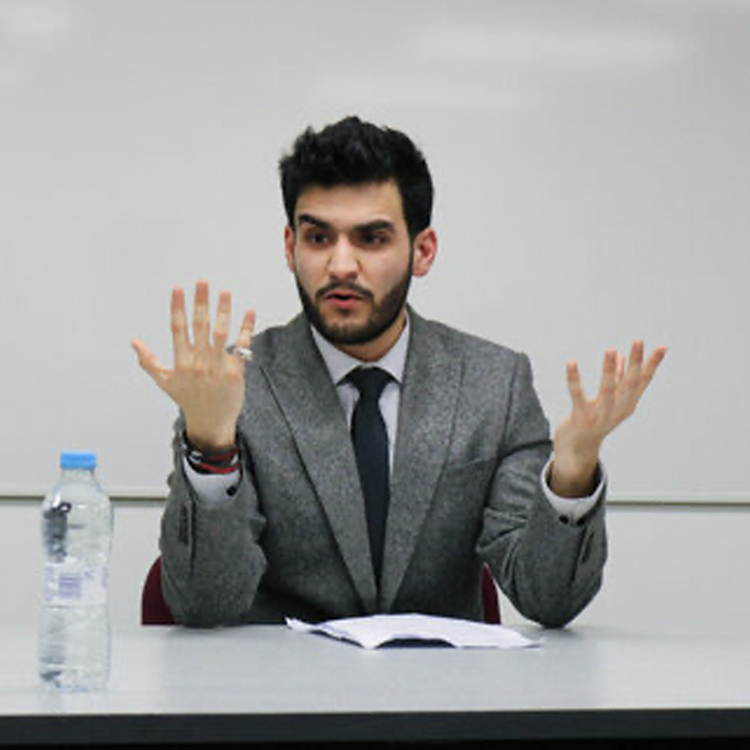
Zameer Hussain
I am a Religious Education teacher secondary school in Essex, and I have been Head of Department since 2014. I also serve on the National Association of Teachers of Religious Education (NATRE) Executive Committee. I have represented RE teachers, and Shi’a Muslims, in different contexts including at seminars for grant making trusts, in the House of Lords and at various international venues. In 2015, I won the Jack Petchey Foundation Leaders award for my teaching. I am passionate about teaching RE and for good interfaith relations and I was delighted that our department was awarded an RE Quality Mark (Gold) in 2018. My aim is to give teachers more expertise and confidence in teaching about different faiths and beliefs. I specialize in Shi’a Islam and have contributed to several books, including one on Shi’a Islam for teachers. I also worked with Parallel Histories to create the programme on the history of Sunni and Shi’a.
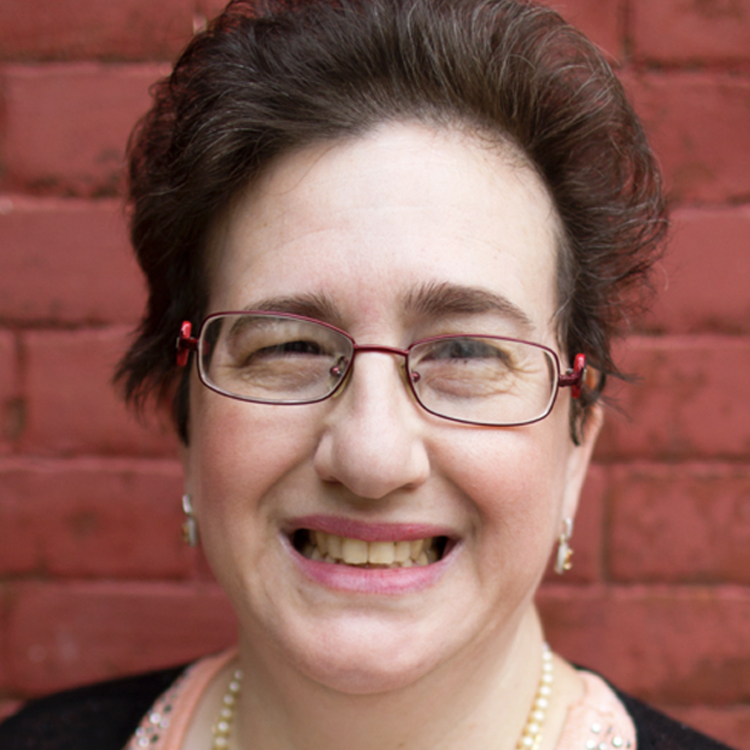
Colette Mazzucelli
I am Professor Colette Mazzucelli, MALD, EdM, PhD and I teach courses in conflict resolution, radicalization & religion, international relations in the post-Cold War era and ethnic conflict and am a recipient of the NYU SPS Excellence in Teaching Award 2013.
A Fulbright Scholar to France (1991) and Germany (2007), I am the author and/or editor of five books on European integration and transatlantic security as well as a contributor to numerous peer-reviewed journals. My courses have been profiled by the Council on Foreign Relations in Foreign Affairs as well as the CFR Educators Bulletin. I have received eleven fellowships in seven countries, and my biography appears in Marquis Who’s Who in the World 2016.
I am currently researching the issues that define the state of the field in data collection, including prominent uses of satellite imagery analysis, forensic investigation techniques, and mobile telephony applications, to document human rights abuses in remote areas.
In 2016, I was named an Ambassador of Peace in recognition of my service as an educator with over twenty years’ experience in technology-mediated learning.
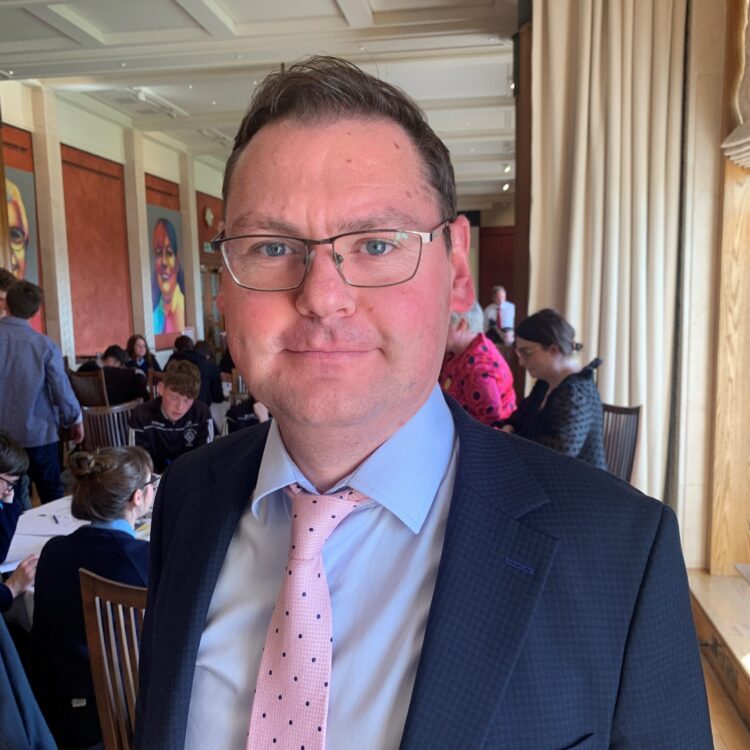
Brian Whelan
I’ve always been a firm believer that our main job as educators is to facilitate student learning, rather than smothering students through traditional teaching methods. Mass changes at Junior level in the Irish education system have left students, for the most part, unchallenged and unfilled. Thankfully the History curriculum (at Junior level) has undergone significant changes in the past couple of years, moving away from rote learning and emphasising the need for our students to become critical thinkers and independent learners. I teach at Sacred Heart Secondary School, Drogheda, where one of my core values as an educator is to create an environment that is student-centred and (more importantly) student-led. ‘Parallel Histories’ has allowed that. It’s a unique opportunity for us to show our students that it’s not necessarily the knowledge, the facts and figures, that is most important. Instead, we are able to show these students that it’s how we use these facts and figures that is crucial. Classrooms should not be rich in textbooks. They should be rich in open minds. The only way to achieve this is to place our trust in our students that they do have the capacity to think independently and critically with us, as educators, telling them what to think.
